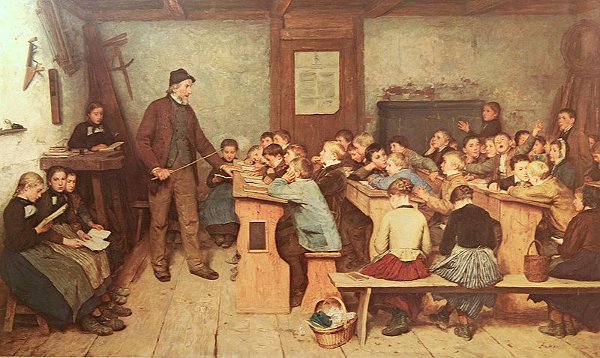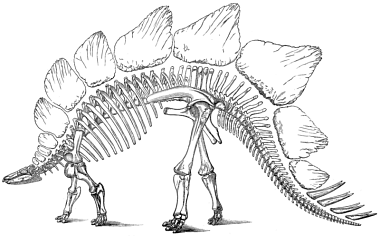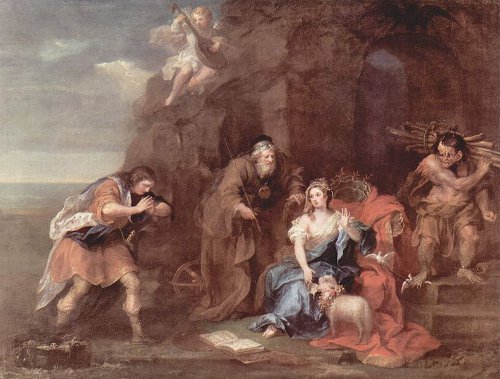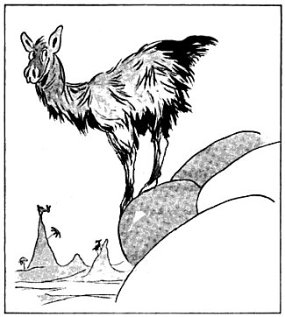“I am willing to give you a show,
But are these all the rôles that you know?”
The manager cried.
And the actor replied,
“Sirrah! No, sir; I know ‘Cyrano’!”
There was a young lady of Butte,
Who thought herself very acute.
That her suitor might praise her,
She gave him a razor,
Which suited her suitor hirsute.
There was a nice fellow named Jenner,
Who sang a phenomenal tenor,
He had little to spend,
So I often would lend
The tenor a ten or a tenner.
‘Tis said, woman loves not her lover
So much as she loves his love of her;
Then loves she her lover
For love of her lover,
Or love of her love of her lover?
— From Carolyn Wells’ Book of American Limericks, 1925.




